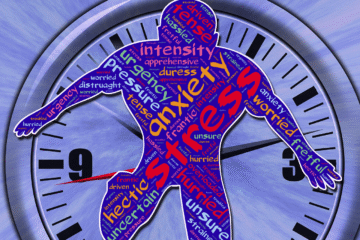Blog
Master Self-Hypnosis to Manage Daily Stress
Master Self-Hypnosis to Manage Daily Stress Daily stress can feel relentless, but self-hypnosis empowers you to find calm anywhere. At Crossroads Life Coaching, we teach simple techniques to manage stress on your own, giving you control over your mental state. Self-hypnosis involves entering a relaxed state through steps you can practice daily. Here’s how: Find a quiet space, close your eyes, and breathe deeply, counting to five on each inhale and exhale. Visualize a peaceful Read more…









